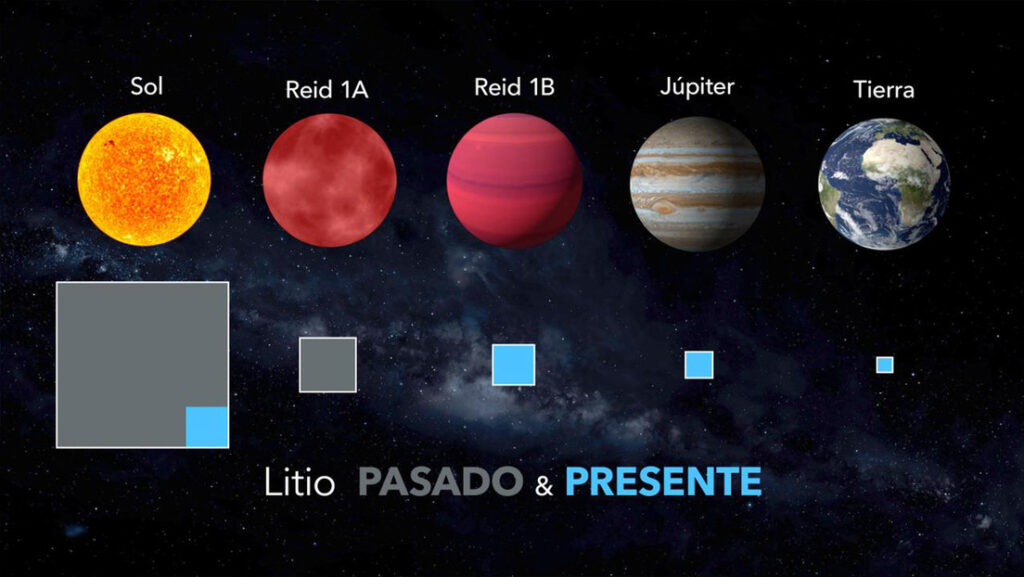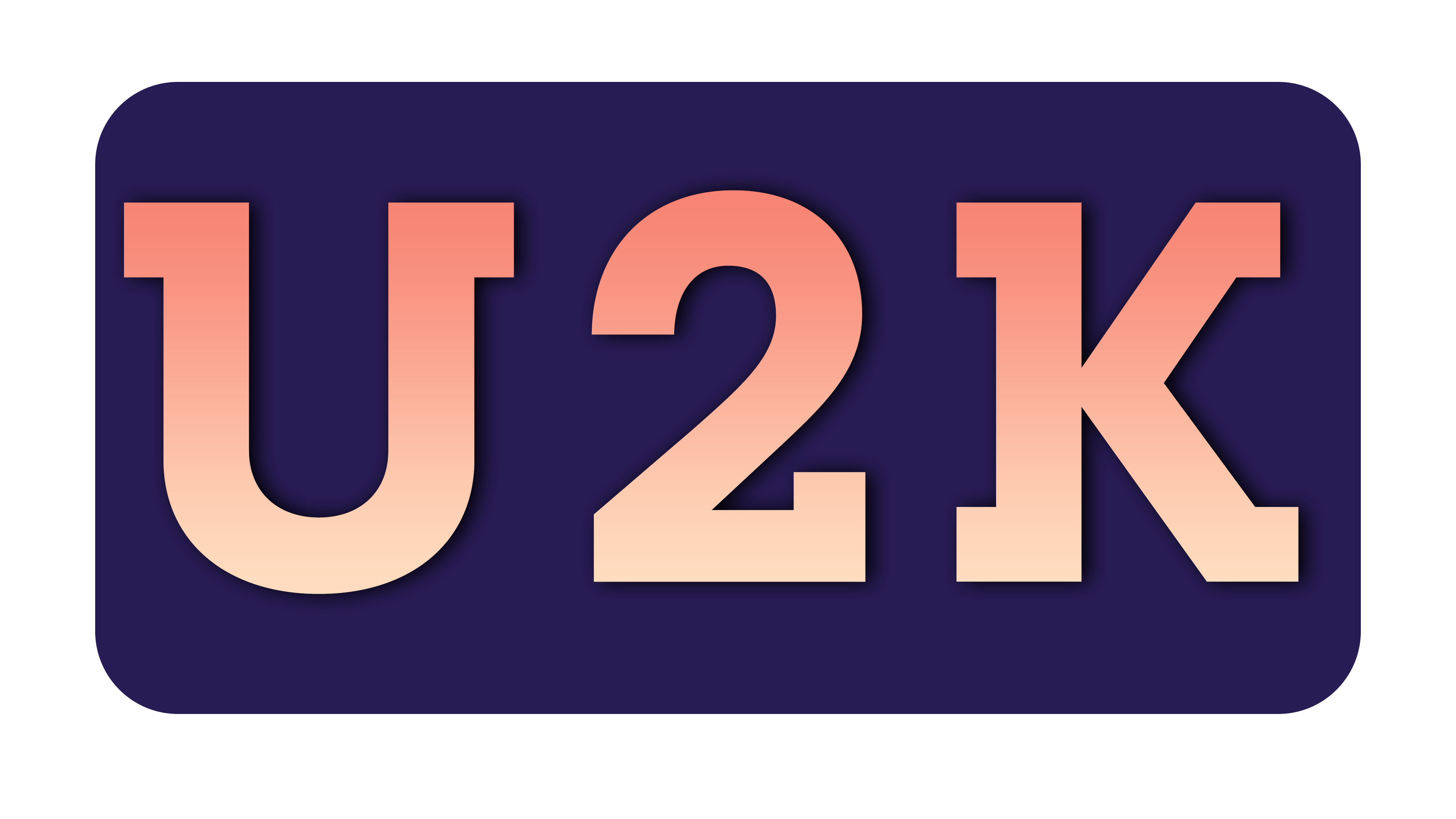A Virtual Reality experience at this Chennai library examines the evolution of life
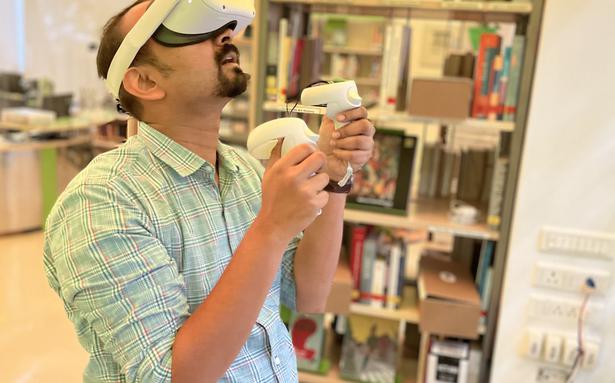
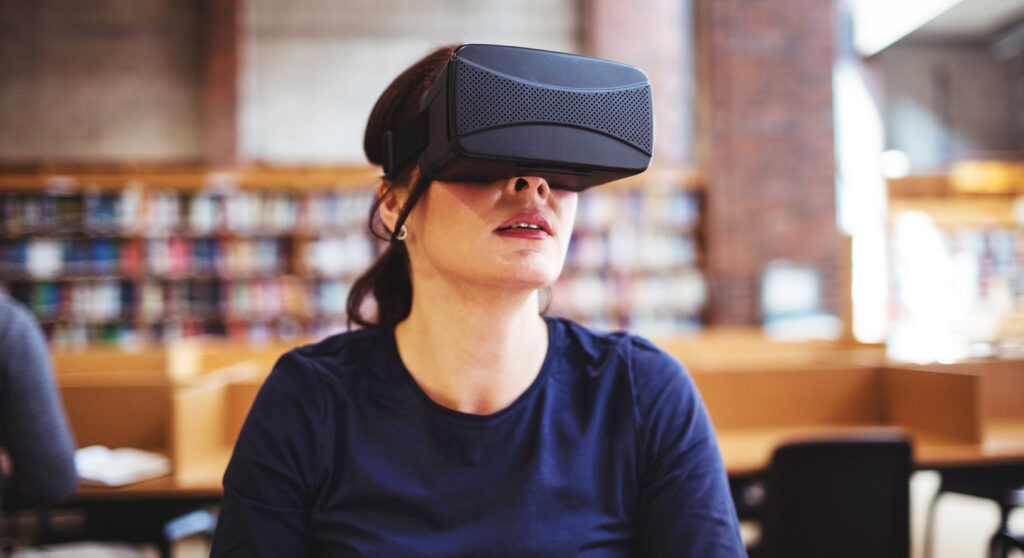
At this library, instead of borrowing a book, you can dive into an interactive Virtual Reality installation and examine the birth of our planet, aided by a snake
I find myself in a desolate cave, my feet touching sand. As I take in the sunshine that pierces through a canopy above, I am caught off-guard by a writhing snake: Vasuki.
It invites me to follow. I do, only to find myself inside yet another cavern awash with a soft red glow, featuring Karnataka’s Togalu Gombeyaata puppets suspended mid-air. I touch them and the puppets come to life, as drum beats fill the air.
I am in the Library of Shadows, I am told. But physically, I am at Chennai’s Goethe-Institut library, sporting a VR headset. This is just one of the worlds that make up The Infinite Library, an installation currently travelling through Goethe-Institut libraries across the country, introducing readers to South Indian puppetry, Polynesian navigation and European medieval alchemy.
The physical library is drenched in an unfamiliar green glow. And there are hints everywhere: QR codes, projections on walls and glass jars that house 3D-printed sculptures, illuminated from inside. It makes for a journey that thrives on abstraction but at the same time, tries to answer questions about human evolution.
The final VR experience, which lasts for 15 minutes, titled The Main Cavern, is an amalgamation of all these components, presenting the user with three choices on which library to open: Library of Shadows, Elements or Navigation. I choose the third, and find myself in a boat, bobbing with the gentle waves, as a dog keeps me company, and dolphins join me in a soothing ride that lasts till dusk.
This world has been created by Mika Johnson, a filmmaker from the Czech Republic, who had brought Kafka’s Metamorphosis as a VR experience to the Goethe-Institut in 2019.
The Infinite Library, which has been in the works for two years, started travelling in March. “It’s a sci-fi concept. What we are trying to do is imagine the future of libraries, the future of technologies we will interact with,” says Mika. He believes that there will come a point where access to every individual’s story is open, based on which, different realities will be simulated. “The story that this library wants to tell you is about how you arrived here and it begins 4.5 billion years ago,” he adds.
Mika says that the installation is partially influenced by a sci-fi story written by Jorge Juis Borges. “Initially I was piecing together different libraries that existed in time to make people move through them. At the same time, I was reading about evolution. If you take away books, there are symbols and objects that we first interacted with, and those come from the caves.” That was his starting point.
For Mika, a library is a sacred space that he enjoys reimagining as spaces where culture can be created, and not just imbibed. Which is why his favourite space is Oodi, in Helsinki, Finland, where 3D printers, VR spaces and video game rooms are seamless parts of the physical library.
Next stop is Pune, for the library that deftly uses the past as a gateway to the future.
The Infinite Library is at Goethe-Institut library, Nungambakkam till September 24 from 10am to 5 pm.
Recent Posts
- Astronomers detect first direct image of black hole expelling a powerful jet
- WhatsApp rolling out ‘reply with message’ feature within call notifications
- Multi-Device Pairing May Be Arriving for Apple Watch this Year
- Artificial Intelligence Discovers Hidden Giant, a Planet 5 Times Larger Than Jupiter
- Google CEO Sundar Pichai Talks Bard & The Future Of Search
Recent Comments

WhatsApp rolling out ‘reply with message’ feature within call notifications
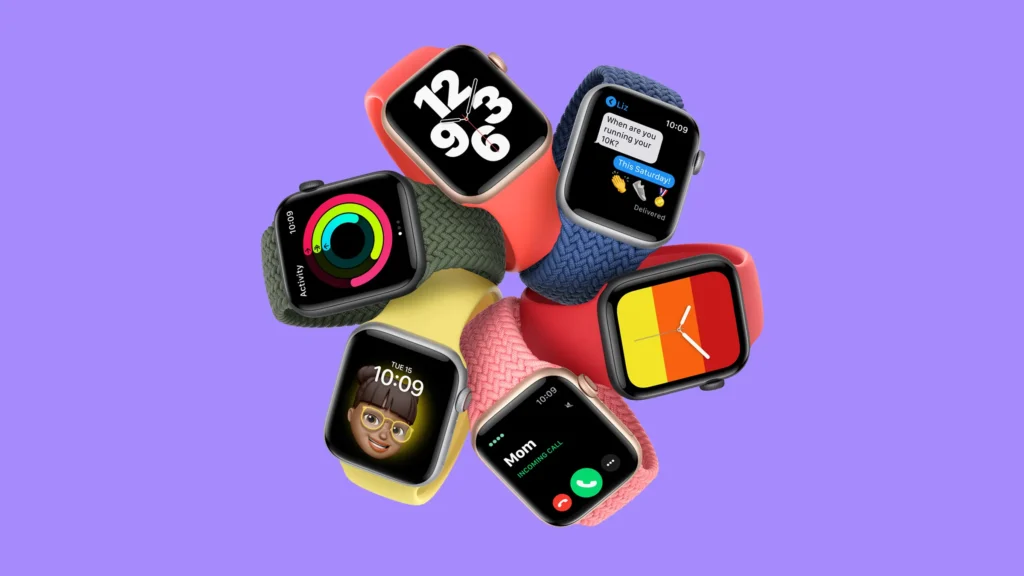
Multi-Device Pairing May Be Arriving for Apple Watch this Year
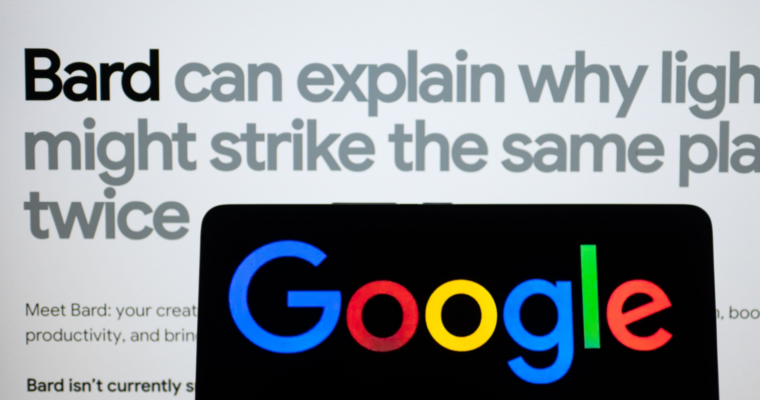
Google CEO Sundar Pichai Talks Bard & The Future Of Search

AMD assures that Ryzen 7 7800X3D is only slightly behind Ryzen 9 7950X3D in games
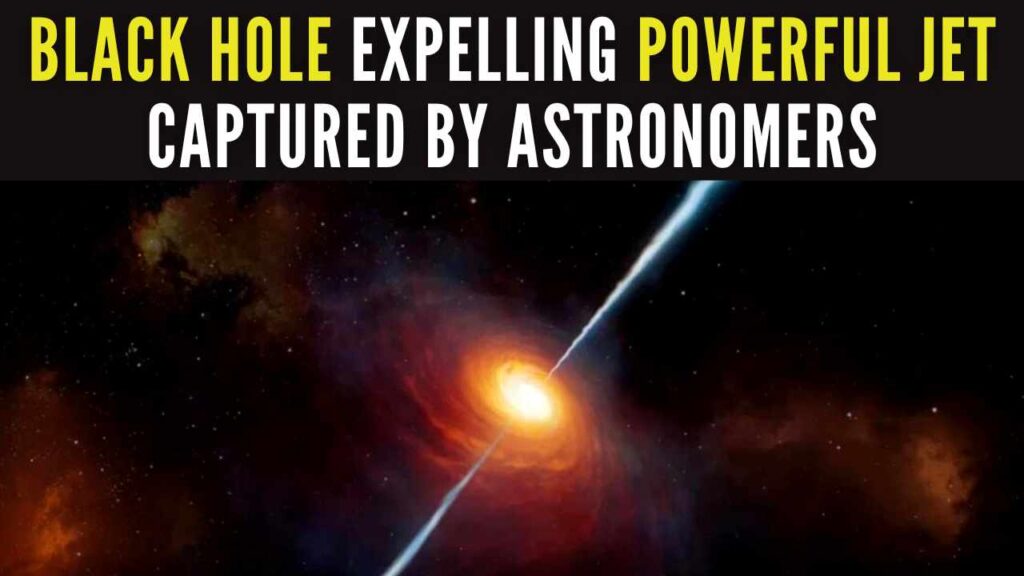
Astronomers detect first direct image of black hole expelling a powerful jet

WhatsApp rolling out ‘reply with message’ feature within call notifications

Multi-Device Pairing May Be Arriving for Apple Watch this Year
